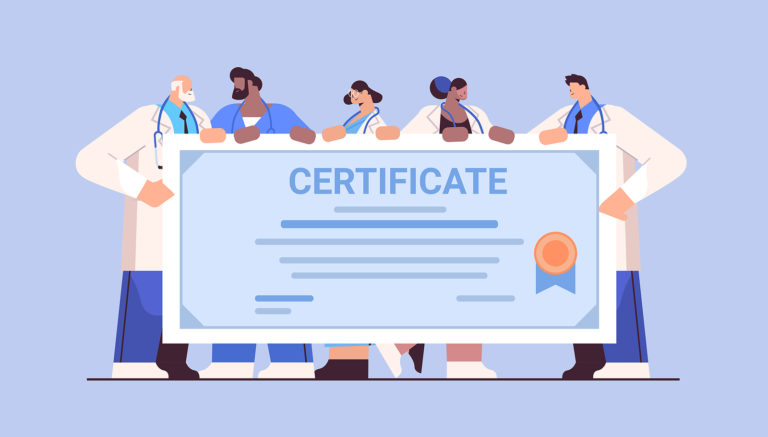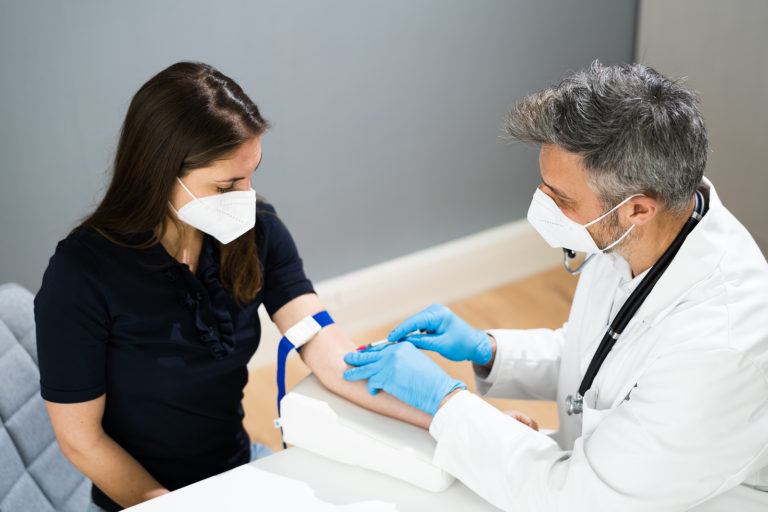What is Phlebotomy?
Phlebotomy refers to the medical procedure in which a skin puncture is made with a needle to extract blood from a patient’s vein, typically for laboratory examination and testing. You will often hear this referred to as a “blood draw” or “venipuncture”. This type of procedure is extremely common and is an important tool for diagnosing many medical conditions. Phlebotomy is also used in the collection of blood samples for scientific and medical research purposes, as well as for donation purposes for use in blood transfusions.
What is a Phlebotomist?
Phlebotomists are medical professionals trained to draw blood through venipuncture for the purposes of testing, research, donations, and more. By completing an accredited phlebotomy training program, gainful employment in the field of allied healthcare is within arm’s reach. Hospitals, blood banks, and other medical facilities are continuously in need of experienced phlebotomists who carry proper training and certification. Find out how to become a phlebotomist, what certification entails, and browse phlebotomy training courses and programs in your state to see if a career as a phlebotomist is right for you.
Find Phlebotomy Training Near Me
Ready to start a new career as a phlebotomist? Click on your state below to find out more about online and traditional training options, phlebotomy certification, career outlook, salaries, and much more.
- Alabama
- Alaska
- Arizona
- Arkansas
- California
- Colorado
- Connecticut
- Delaware
- Washington, DC
- Florida
- Georgia
- Hawaii
- Idaho
- Illinois
- Indiana
- Iowa
- Kansas
- Kentucky
- Louisiana
- Maine
- Maryland
- Massachusetts
- Michigan
- Minnesota
- Mississippi
- Missouri
- Montana
- Nebraska
- Nevada
- New Hampshire
- New Jersey
- New Mexico
- New York
- North Carolina
- North Dakota
- Ohio
- Oklahoma
- Oregon
- Pennsylvania
- Rhode Island
- South Carolina
- South Dakota
- Tennessee
- Texas
- Utah
- Vermont
- Virginia
- Washington
- West Virginia
- Wisconsin
- Wyoming
Recent Articles
Learn more about phlebotomy education, careers, and hot topics through our informative articles. Click here to see all phlebotomy articles.








